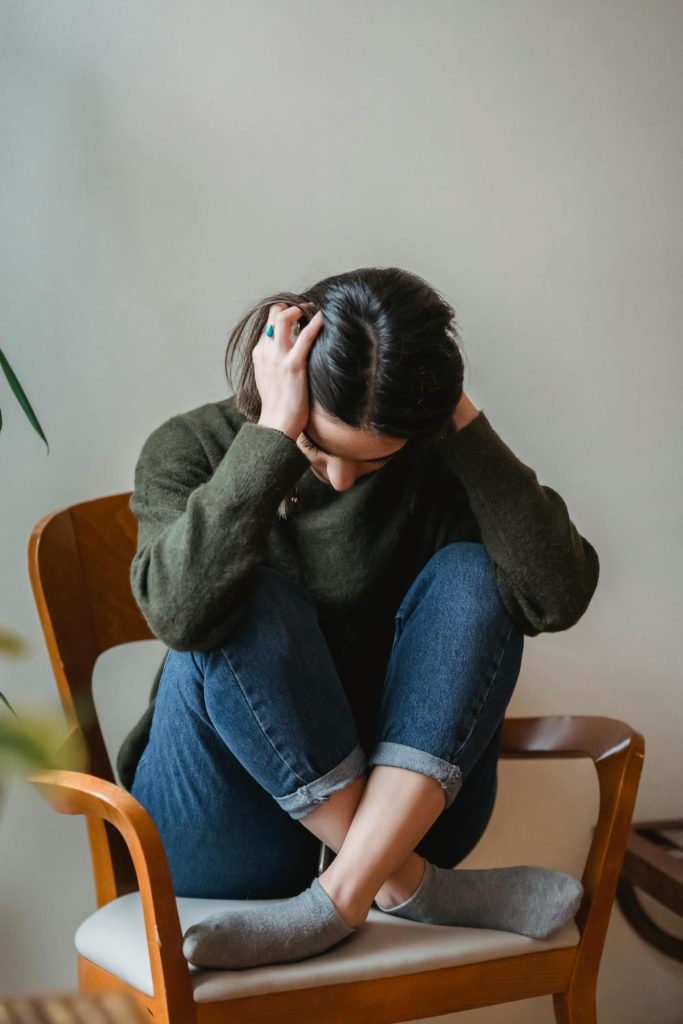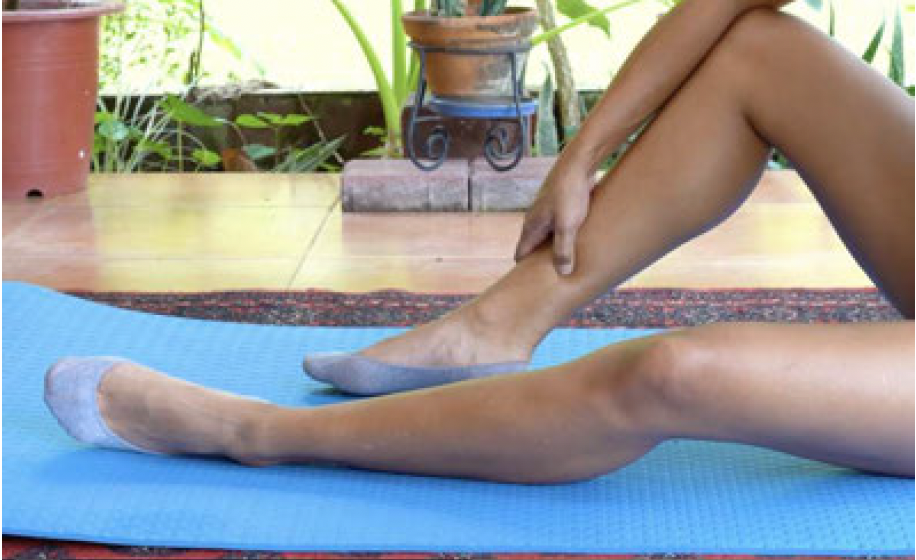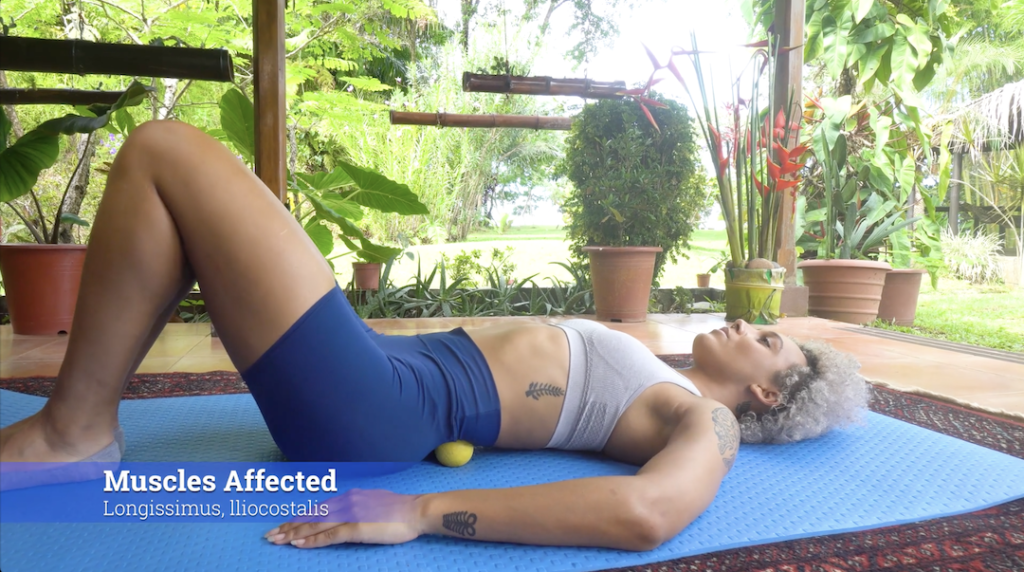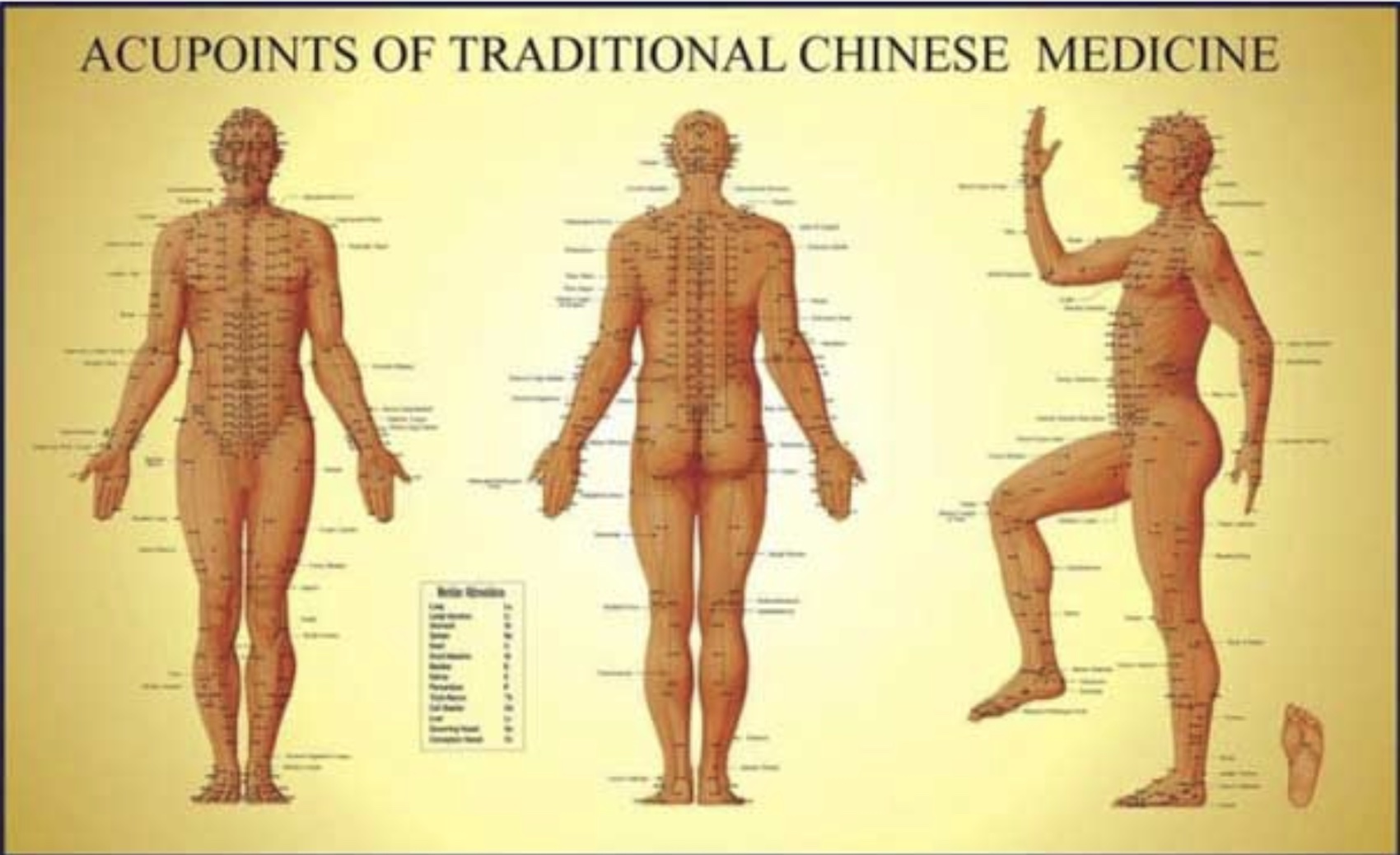
Understanding Insomnia in Traditional Chinese Medicine (TCM):
In Traditional Chinese Medicine (TCM), insomnia is not viewed as a singular condition but rather as a manifestation of various imbalances within the body. TCM categorizes insomnia into different types based on the underlying causes and patterns of disharmony. While the specific number of types may vary depending on interpretation, commonly recognized patterns include:
Liver Qi Stagnation:

This type of insomnia is often associated with stress, frustration, and emotional tension. The liver’s function in TCM includes the smooth flow of Qi (vital energy), and when this flow is obstructed, it can lead to difficulty falling asleep or staying asleep.
Heart and Spleen Deficiency:
Insomnia related to heart and spleen deficiency is characterized by symptoms such as palpitations, poor digestion, and worry. The heart is considered the residence of the mind and spirit, while the spleen governs digestion and transformation. Weakness in these organs can lead to disturbed sleep.
Kidney Yin or Yang Deficiency:
The kidneys are fundamental in TCM and are associated with the regulation of Yin and Yang energies. Insomnia stemming from kidney Yin deficiency may involve symptoms like night sweats, while kidney Yang deficiency may manifest as cold limbs and frequent urination, both of which can disrupt sleep.

Phlegm-Heat Disturbing the Heart:
When there is an accumulation of phlegm and heat in the body, it can affect the heart and lead to symptoms such as restlessness, vivid dreams, and a feeling of heaviness. This pattern often arises from poor diet, emotional stress, or imbalanced lifestyle habits.
Liver Fire Flaring Upward:
This type of insomnia is characterized by symptoms such as irritability, anger, and headaches. Liver fire can rise upward and disturb the mind, leading to difficulty sleeping and excessive dreaming.

Stomach Heat or Stomach Yin Deficiency:

Issues with the stomach, such as excess heat or Yin deficiency, can lead to symptoms like hunger, acid reflux, and insomnia. Stomach heat may cause restlessness and a feeling of heat in the body, while stomach Yin deficiency can result in dry mouth and a parched throat, exacerbating sleep problems.
Common Acupressure Points for Treating Insomnia:
Bladder 10 (BL-10)
– Located 1.3 inchesm lateral to the midpoint of the posterior hairline, it helps in calming the mind and relieving stress.
Spleen 6 (SP-6)
Spleen 6 (SP-6) – Found above the ankle on the inner leg, it balances organs related to sleep and emotional imbalances.

Kidney 6 (KI-6)
Found on the inner side of the ankle, it helps with insomnia related to yin deficiency, characterized by restlessness.
Gallbladder 20 (GB-20)
Situated at the base of the skull, it clears the mind and alleviates stress.
Governing Vessel 20 (GV-20)
Positioned on the top of the head, it promotes a peaceful state conducive to sleep.
Bladder 18 (BL-18)
Located 1.5 cun lateral to the lower border of the spinous process of the 9th thoracic vertebra, BL-18 targets liver imbalances that may contribute to insomnia.
Bladder 20 (BL-20)
Found 1.5 cun lateral to the lower border of the spinous process of the 11th thoracic vertebra, BL-20 helps to regulate spleen function and can improve digestion, indirectly impacting sleep quality.
Bladder 23 (BL-23)

Positioned 1.5 cun lateral to the lower border of the spinous process of the 2nd lumbar vertebra, BL-23 is crucial for nourishing kidney Yin and Yang, addressing imbalances that can lead to insomnia.
“Embark on Your Journey to Wellness: High-Detailed Acupoints of TCM Charts for Male and Female Now Available!”


